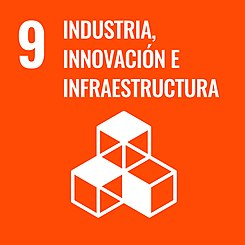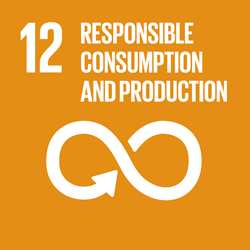Technological watch
Degradation Behavior of Polypropylene During Reprocessing and Its Biocomposites: Thermal and Oxidative Degradation Kinetics
Non-isothermal thermogravimetric analysis (TGA) was employed to investigate the degradation of polypropylene (PP) during simulated product manufacturing in a secondary process and wood–plastic composites. Multiple batch mixing cycles were carried out to mimic the actual recycling. Kissinger–Akahira–Sunose (KAS), Ozawa–Flynn–Wall (OFW), Friedman, Kissinger and Augis models were employed to calculate the apparent activation energy (Ea). Experimental investigation using TGA indicated that the thermograms of PP recyclates shifted to lower temperatures, revealing the presence of an accelerated degradation process induced by the formation of radicals during chain scission. Reprocessing for five cycles led to roughly a 35% reduction in ultimate mixing torque, and a more than 400% increase in the melt flow rate of PP. Ea increased with the extent of degradation (α), and the dependency intensified with the reprocessing cycles. In biocomposites, despite the detectable degradation steps of wood and PP in thermal degradation, a partial coincidence of degradation was observed under air. Deconvolution was employed to separate the overlapped cellulose and PP peaks. Under nitrogen, OFW estimations for the deconvoluted PP exposed an upward shift of Ea at the whole range of α due to the high thermal absorbance of the wood chars. Under air, the Ea of deconvoluted PP showed an irregular rise in the initial steps, which could be related to the high volume of evolved volatiles from the wood reducing the oxygen diffusion.
Publication date: 22/07/2020
Author: Elnaz Esmizadeh
Reference: doi: 10.3390/polym12081627







